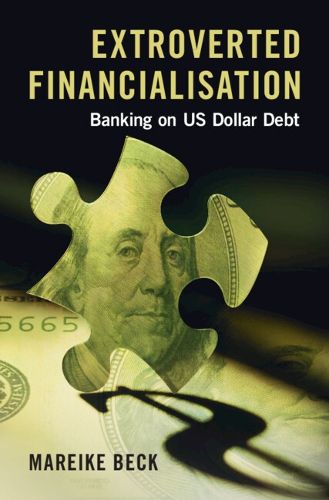Readings Newsletter
Become a Readings Member to make your shopping experience even easier.
Sign in or sign up for free!
You’re not far away from qualifying for FREE standard shipping within Australia
You’ve qualified for FREE standard shipping within Australia
The cart is loading…






Extroverted Financialization offers a new account of the Americanization of global finance through the concept of 'extroverted financialization'. The study presents German banks as active participants of financialization, demonstrating how deeply entangled they were with global markets since post-WWII reconstruction. Extroverted Financialization locates the transformation of global banking within the revolution of funding practices in 1960s New York and shows how this empowered US banks to systematically outcompete their European counterparts. This uneven competition drove German banks to partially uproot themselves from their own home markets and transform their own banking models into US financial models. This transformation not only led to the German banks' speculative investments during the 2000s subprime mortgage bubble, but more importantly to rising USD dependency and their contemporary decline.
$9.00 standard shipping within Australia
FREE standard shipping within Australia for orders over $100.00
Express & International shipping calculated at checkout
Stock availability can be subject to change without notice. We recommend calling the shop or contacting our online team to check availability of low stock items. Please see our Shopping Online page for more details.
Extroverted Financialization offers a new account of the Americanization of global finance through the concept of 'extroverted financialization'. The study presents German banks as active participants of financialization, demonstrating how deeply entangled they were with global markets since post-WWII reconstruction. Extroverted Financialization locates the transformation of global banking within the revolution of funding practices in 1960s New York and shows how this empowered US banks to systematically outcompete their European counterparts. This uneven competition drove German banks to partially uproot themselves from their own home markets and transform their own banking models into US financial models. This transformation not only led to the German banks' speculative investments during the 2000s subprime mortgage bubble, but more importantly to rising USD dependency and their contemporary decline.